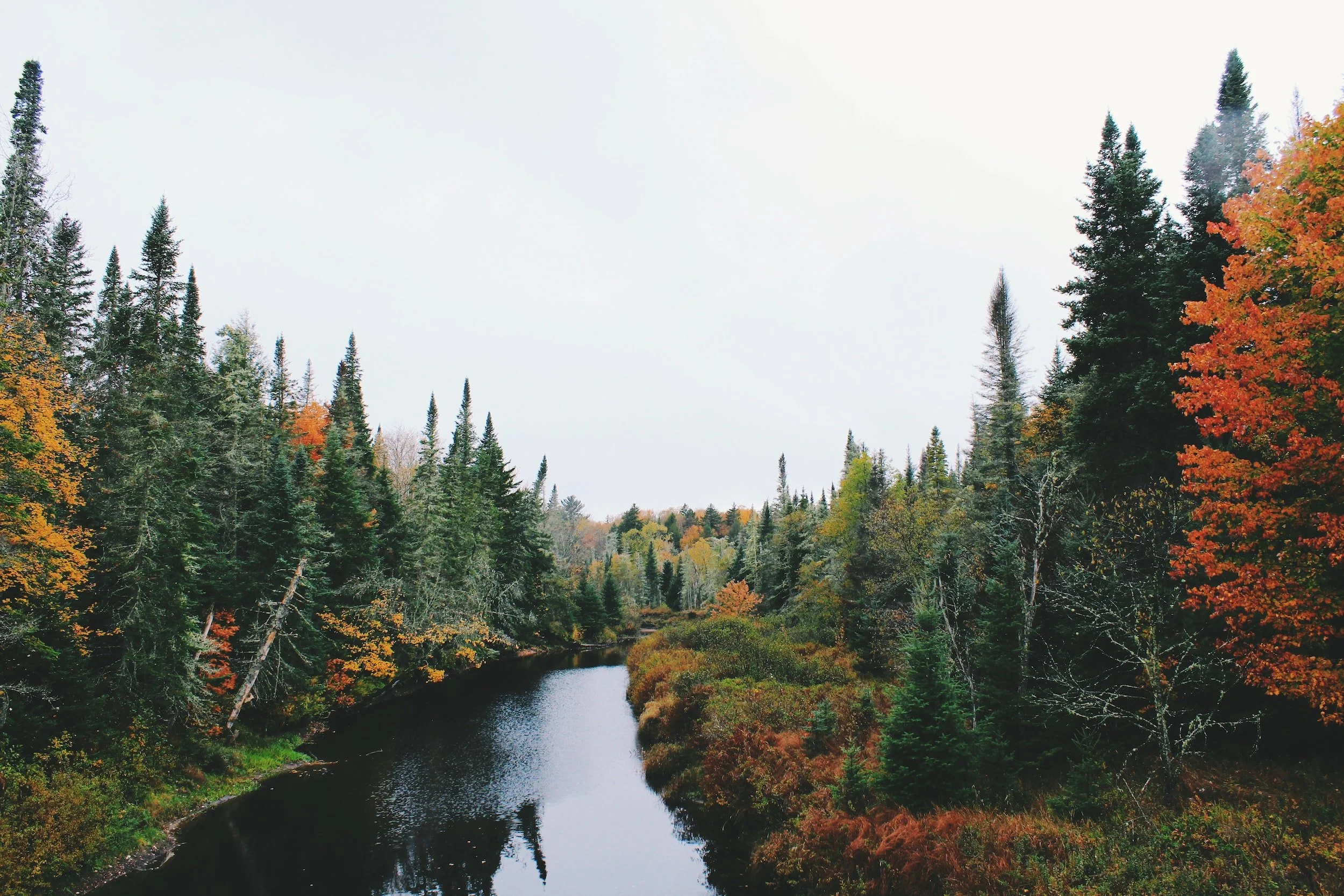How to prepare for autumn
Like it or hate it, fall and winter are coming to western Pennsylvania. Though I personally love this time of year and what’s to come, I recognize that it can feel difficult for many people. Seasonal depression tends to coincide with the ever decreasing daytime. Cold weather often causes people to spend more time indoors, resulting in feelings of isolation or boredom. Still others simply have negative connotations in relation to cold, hibernation time or the holiday season.
I sympathize with all of these reasons. And at the same time, I would challenge you to consider ways that you can not just survive the changing season, but learn how to appreciate it.
Oftentimes, as we anticipate a coming change with feelings of dread, it leaves little opportunity to notice anything positive.
Even if the dread exists subconsciously, it creates a stiffness in us that gradually turns into ‘being set in our ways.’ The less we practice adapting to change, the more inflexible we become, physically and emotionally. And I can assure you this: sometimes, your ability to cope with change will either make or break you.
What is life if not a series of constant change?
Things in your ‘outer world’ will always remain changeable and this is why cultivating a strong and flexible inner-stability, through your daily personal routines and mindfulness practices is helpful. In order to better cope with any change, learn how to honor the transition from one moment, role, phase or season to the next. When we’re mindful of what’s happening in each moment, we naturally spend less time worrying about the future, ruminating about the past, or comparing and contrasting the two. That’s why learning how to practice any type of mindfulness is such an incredibly helpful tool. Awareness of the present allows space for what types of thoughts we’re having, what we’re feeling, and observing.
Mindfulness does not have to be formal meditation practice. Especially if that feels intimidating for you, think of mindfulness as anything that allows you to feel present. That can be guided meditation, a simple task which requires concentration, such as coloring, chopping wood or gardening, or just taking a nature walk.
You’ll often hear me say that connecting to nature is valuable. But especially this time of year, finding ways to be in tune with nature will literally boost your immunity, make you more tolerant of the actual weather and temperature, and improve your mood. Furthermore, from an energetic or Traditional Chinese Medicine perspective, to be in tune with nature is to be in tune with yourself.
Traditional Chinese Medicine (TCM) actually formally recognizes this time of year as it’s own fifth season: Late Summer. Late Summer is a transition time when we return to homeostasis, between the expansive growth of spring and summer (yang energy) and the more inward energy of fall and winter (yin energy). For many, myself included, this time of year is a time to seek balance and has always resonated as more of a ‘new year’ than January.
“Taoists teach that you should always align and harmonise your energy with the current season, the translation of this concept being ‘appropriateness’. You can attune to the energies and qualities of the late-summer season and the Earth element in three ways: through your lifestyle, diet and spiritual health practices.”
If we are heading into a slower, more nurting season, ask yourself: how are you slowing and nurturing yourself? In Late Summer, you’ll sense a shift from yang energy (more outward and strong) to yin (inward and soft) that’s worth paying attention to. In this powerful in-between time, look for ways to rethink your status quo – perhaps toward doing less. Yin and yang are complementary forces, and it’s important to remember that neither exists without the other. So stop and take stock: Do you feel overwhelmed, or under-challenged? Inspired, or drained?
Late Summer is the pause you’ve been looking for to reset and re-center.
It is a great time to re-calibrate, turn inward, or seek therapy. Reach out if you need a little support!


